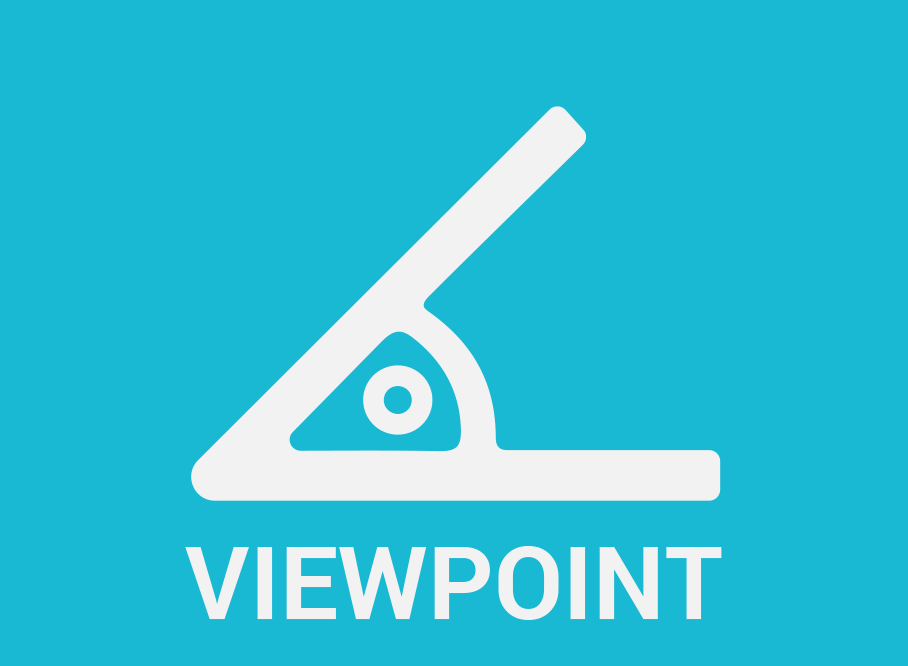Improve Sales Effectiveness
Sales Optimization and Agile Sales
Companies that get involved early in their customer’s buying cycle have a lot of influence on the outcome, and consistently win with a higher margin. Sales effectiveness means researching and analyzing the customer and engaging them around their business priorities. Doing the right thing at the right time is a timeless definition of effectiveness, and it directly applies to selling.
Enhance Sales Management
Sales Leader Lab
Sales Leaders are the biggest lever for a company’s sales success. Companies that invest more than 50% of their sales training budget in sales leaders instead of sales reps perform on average 17% better. The importance of their role increases even more with the challenges that globalization and digitization are bringing.
Adapting to Changed Buying Behaviours
Selling Outcomes
The traditional B2B company is geared toward selling “things” to customers. However, in the new world, customers require vendors to deliver products and services that result in business outcomes that yield an exceptional customer or workforce experience. This new way of thinking and behaving determines how and when the customer wants to interact with the sales force.
Improve Margins and Pricing
Margin Academy
Win at margins higher than the competition. Many customers are ready to pay more than one would think if they feel they get the right value for the price they pay. Negotiate the right price for both parties – the customer and yourself.
Spacing Learning
Harry Bahrick & Lynda Hall (2005, page 566), quoted in the Journal of Memory and Language, a well-respected refereed journal.


